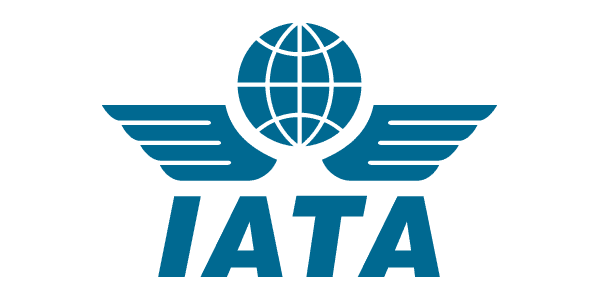In a bid to address the pressing need for sustainable aviation fuel production, industry operators have urged governments to implement incentives and enact favourable policies.
With a growing emphasis on reducing carbon emissions and mitigating environmental impact, the aviation sector globally is under increasing pressure to transition towards cleaner energy sources.
The Group Head of Sustainability at IAG, Jonathon Counsell, in a statement, said the shortage of sustainable fuel globally continues to be a problem for the aviation industry.
However, he mentioned that innovative companies like Twelve were an important part of the solution.
Counsell stated, “The supply agreement Twelve shows us that the private sector is ready to invest but can only do so with clear policy support from governments around the world, for what is the most challenging sector to decarbonise.
“IAG would like to see similar projects scale in Europe and look forward to working with governments across key markets to build a SAF industry to deliver jobs, economic growth, and a stable supply of SAF.”
The aviation industry aimed to achieve net-zero emissions by 2050 through various strategies like fleet renewal, disruptive propulsion technologies, operational efficiency, SAF usage, and carbon offsetting.
Further, Counsell disclosed that at the European Union level, a mandate had been agreed.
He said the mandates only served to increase demand, adding that there was a need for incentives for SAF to drive production at the scale and pace the industry needs.
“We welcome the provision of 20 million SAF allowances to support airlines in closing the cost gap between SAF and fossil fuel, but we need more allowances to help meet the 2030 six per cent SAF mandate target,” he stated.
In 2023, there was a rise in the utilisation of sustainable aviation fuel, but it accounted for only three per cent of global renewable fuel production.
The Director General of the International Air Transport Association, Willie Walsh, explained that the government had critical roles to play in terms of adopting cost-effective policies and supporting the production of sustainable aviation fuel.




















